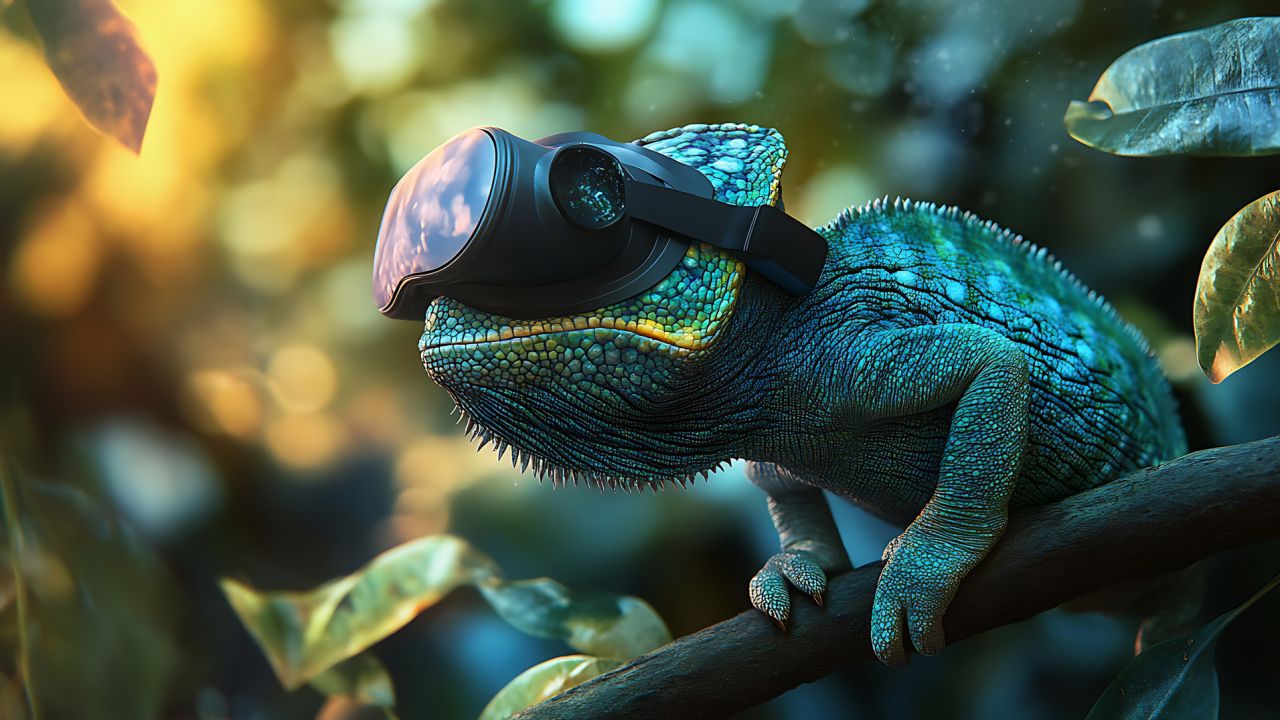Conservation Projects in VR: Engaging Audiences for a Sustainable Future

 Author: Spark Team
Author: Spark Team
Conservation Projects in VR: Engaging Audiences for a Sustainable Future
Introduction to Conservation Projects in VR
As the urgency of environmental conservation grows, innovative tools are needed to educate and engage the public effectively. Virtual Reality (VR) offers a transformative platform for conservation projects, allowing users to immerse themselves in ecosystems and understand the importance of preserving our natural world. Spark Emerging Technologies leverages VR technology to create compelling conservation experiences that foster awareness and inspire action.
Benefits of Conservation Projects in VR
Implementing VR for conservation projects provides numerous advantages that enhance educational outreach:
Immersive Experiences: VR allows users to step into the natural environments being protected, providing a firsthand understanding of ecosystems, wildlife, and conservation challenges.
Enhanced Engagement: Interactive VR experiences capture attention and encourage users to connect emotionally with conservation efforts, making the message more impactful.
Educational Opportunities: Users can learn about biodiversity, environmental issues, and conservation strategies in an engaging and memorable way, promoting long-term retention of information.
Accessibility: VR experiences can reach individuals who may not have the opportunity to visit natural habitats, broadening the audience for conservation messaging.
Call to Action: By showcasing the beauty and fragility of ecosystems, VR can motivate users to support conservation efforts and participate in sustainability initiatives.
Real-World Applications of Conservation Projects in VR
Environmental Education Programs: Schools and universities can utilise VR to teach students about ecosystems, conservation practices, and environmental science in an engaging way.
Wildlife Conservation Campaigns: Nonprofits and wildlife organisations can create VR experiences to raise awareness about endangered species and habitats, encouraging public support for conservation initiatives.
Virtual Ecotourism: Travel companies can offer VR experiences that highlight ecotourism destinations, promoting responsible travel and conservation.
Public Awareness Campaigns: Government agencies and NGOs can use VR to create impactful campaigns that inform the public about local conservation issues and opportunities for involvement.
Fundraising Events: Organisations can host VR events that allow donors to experience conservation projects firsthand, deepening their connection to the cause.
How Spark Emerging Technologies is Leading VR Solutions for Conservation Projects
At Spark Emerging Technologies, we specialise in developing VR solutions that enhance conservation projects and environmental education. Our immersive tools provide organisations with the resources they need to create engaging and informative experiences. By collaborating with conservationists, educators, and wildlife experts, we create tailored VR applications that address specific environmental challenges.
Addressing Key Challenges with VR Conservation Projects
User-Friendly Interfaces: Our VR applications feature intuitive designs, ensuring that users can easily navigate and engage with the conservation content.
Cross-Platform Compatibility: We ensure our VR solutions can be accessed on various devices, including VR headsets, smartphones, and tablets, maximising accessibility for all users.
Data Privacy and Security: Protecting user data is crucial; we implement robust security measures to safeguard information collected during VR interactions.
Customisation for Various Projects: Our VR solutions are adaptable and customisable, allowing for deployment across different conservation initiatives and educational goals.
Case Study: VR Conservation Project for a National Park
A national park partnered with Spark Emerging Technologies to implement a VR conservation project aimed at enhancing public engagement and education. The VR platform allowed users to explore diverse ecosystems within the park, learning about the importance of conservation efforts. This initiative resulted in a 70% increase in visitor engagement and positive feedback regarding the educational impact of the VR experience.
The Role of VR in Advancing Conservation Awareness
Conservation projects in VR are transforming how individuals learn about and engage with environmental issues. By providing immersive, interactive experiences, VR enhances understanding and appreciation of ecosystems, leading to increased interest in conservation efforts. This innovative approach not only streamlines educational outreach but also fosters a culture of environmental stewardship.
Future of Conservation Projects in VR
As VR technology continues to evolve, the potential for conservation project applications will expand significantly. Spark Emerging Technologies is committed to enhancing our VR solutions, anticipating more sophisticated applications that empower organisations to engage deeply with their audiences. The future promises increasingly interactive and compelling VR experiences that will redefine conservation education and advocacy.
Conclusion
Conservation projects in VR offer innovative solutions for enhancing environmental awareness and engagement. Spark Emerging Technologies provides cutting-edge VR applications that allow users to visualise and understand the importance of conservation efforts effectively. Discover how our VR solutions can transform your conservation initiatives—contact Spark Emerging Technologies for a demo today.
Contact Us:
Interested in optimising your conservation project with VR? Contact Spark Emerging Technologies to schedule a consultation and learn how our solutions can benefit your organisation.
© 2026 All Rights Reserved | Company Reg No. 05327622 | Spark Emerging Technologies Limited






